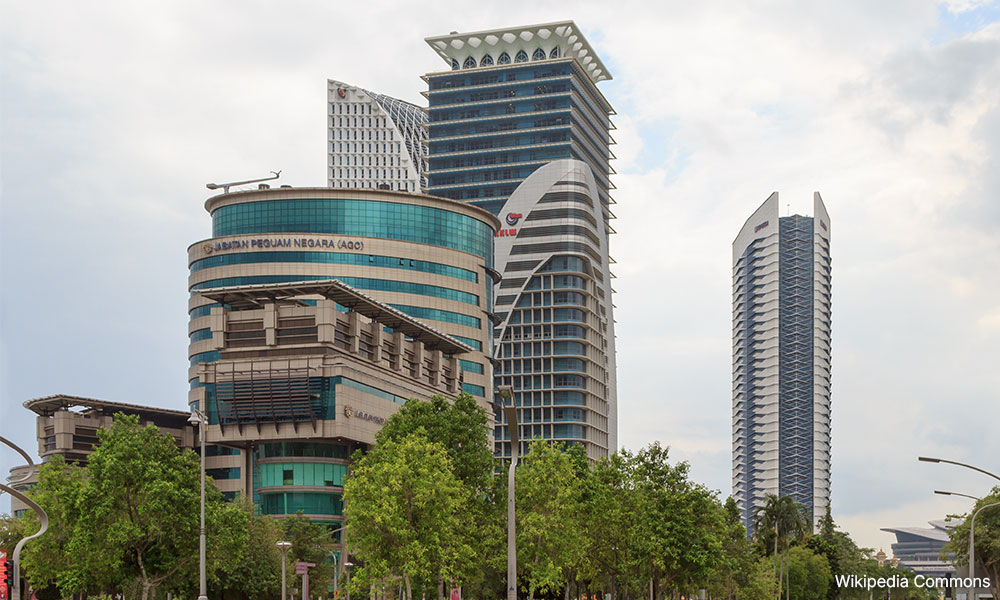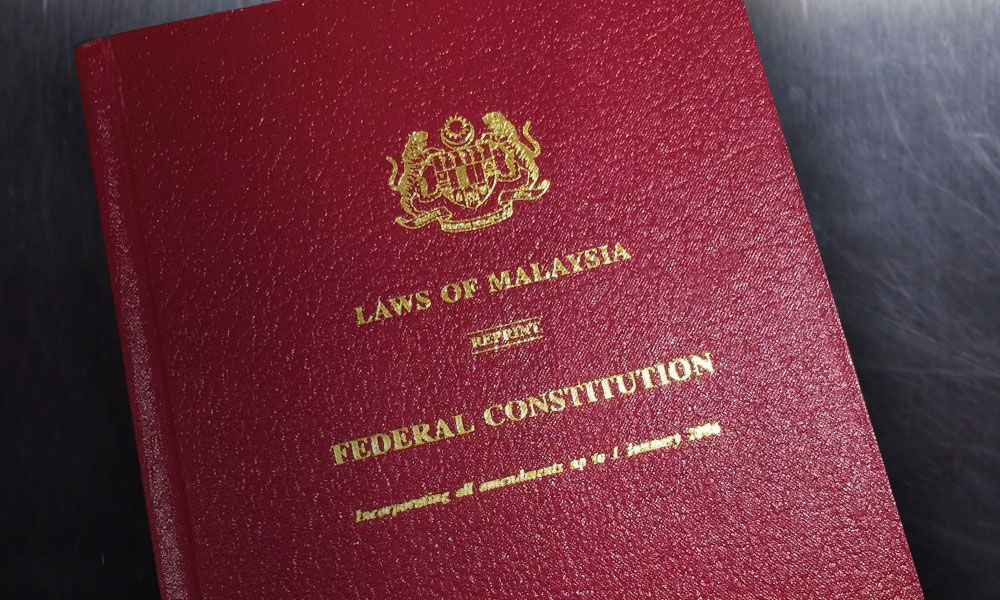The recent media coverage and commentary surrounding Prime Minister Anwar Ibrahim’s application to refer constitutional questions to the Federal Court in the Yusoff Rawther civil suit has sparked considerable misunderstanding.
The dominant narrative - that the prime minister is seeking “personal immunity” from legal accountability - is not only incorrect, but also distracts from the actual legal issues at stake.
What is being sought is not blanket immunity, but principled constitutional clarification.
The prime minister’s legal team has filed a formal application under Article 128(2) of the Federal Constitution and Order 92, Rule 4 of the Rules of Court 2012, asking the High Court to refer several constitutional questions to the Federal Court.
These questions do not seek to insulate the prime minister from all lawsuits.
Instead, they ask whether the continuation of a politically charged civil suit, concerning alleged private conduct that predates his time in office, could undermine the executive’s ability to govern, violate fundamental rights under Articles 5 and 8, or destabilise Malaysia’s constitutional balance between branches of government.
Why it matters
This is not a run-of-the-mill private dispute. The plaintiff is not just any litigant - he is facing criminal prosecution for drug trafficking and firearms offences, and is on remand.
His complaint has previously been reviewed and dismissed by the Attorney-General’s Chambers as requiring no further action. These facts significantly colour the context in which the civil suit is being prosecuted.

Given this background, the prime minister’s legal team has reasonably raised the concern that the litigation may not be purely about justice, but may instead be politically timed to embarrass and distract the nation’s chief executive.
If a prime minister is dragged into a lengthy, politically sensationalised civil trial based on allegations from years before he took office, the implications for governance are serious.
There is no claim in the application that the prime minister is absolutely immune from lawsuits. In fact, Malaysia does not provide such personal immunity to prime ministers under Article 183, which applies only to the Yang di-Pertuan Agong and state rulers.
Rather, the reference seeks a determination on whether a threshold constitutional test should apply to lawsuits brought against sitting prime ministers for pre-office conduct, particularly when the suit may impair public functions or be used for collateral political purposes.
This is about setting a constitutional framework, not evading accountability.
A necessary constitutional conversation
The questions raised are not trivial or self-serving. They involve:
- ADS
Whether the Federal Constitution, by necessary implication, requires the courts to screen politically sensitive suits for abuse of process.
Whether allowing such suits to proceed without safeguards undermines the doctrine of separation of powers.
Whether there exists a constitutional duty to prevent strategic litigation from impairing a prime minister’s ability to carry out executive responsibilities.

These are questions of national importance, not personal indulgence. They are precisely the kind of questions the Federal Court was created to resolve under Article 128(2).
The application does not seek to stop the civil case unilaterally. It merely asks that the most appropriate forum - the apex court - be allowed to clarify whether and how the Constitution applies in such an unprecedented scenario.
Misrepresenting this as an immunity bid oversimplifies and politicises what is in fact a principled constitutional safeguard request.
The courts should be given the space to deliberate, without media distortion or political interference. - Mkini
AHMAD NIZAM HAMID is a PKR member and lawyer.
The views expressed here are those of the author/contributor and do not necessarily represent the views of MMKtT.




No comments:
Post a Comment
Note: Only a member of this blog may post a comment.